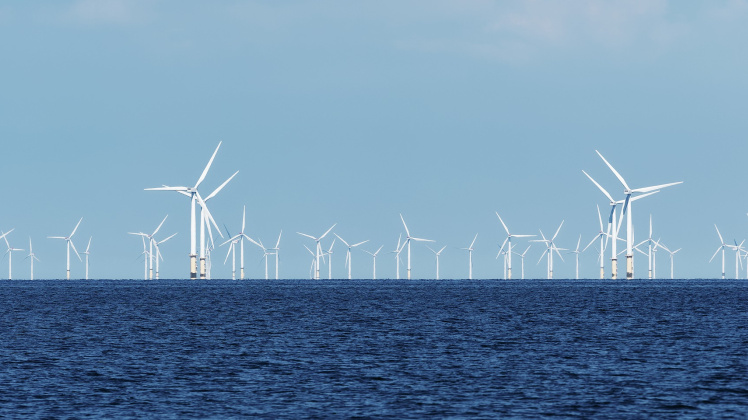About
ASTRIIS (Atlantic Sustainability Through Remote and In-situ Integrated Solutions) is a Portuguese project to support the sustainable growth of the blue economy by developing technical and scientific knowledge for the design, demonstration and implementation of integrated and customizable information products and services.
The project focuses on sectors of the blue economy with high potential for value creation, such as marine renewable energy, aquaculture, coastal tourism, or recreational boating, and is oriented to the needs of users, which include investors, regulators, policymakers, consumers, and scientific researchers.
CERENA is the coordinator of the task: Geotechnical Modeling Systems and Sediment-Ocean Interaction.
In the installation of ocean engineering infrastructures and off-shore engineering windfarms, risers, pipelines, structures for "Floating LNG" and platforms, it is important the geological and geotechnical characterization of the sediments of the seabed, the subsoil and the sediment-ocean interaction. The creation of models of the seabed and the subsurface must consider not only average expected values of the main properties of interest, but also extreme values that may mean higher risks for the existing infrastructures and for the ones to be implemented . The creation of stochastic models integrating indirect (geophysical) and direct measurements makes it possible to respond to these challenges. In this context, tools for geological, geotechnical and sediment-ocean interaction modeling will be developed, based on seismic inversion methodologies directly from the properties of the sediments or the water column. An integrated system with three major components will be developed, tested and implemented:
• Modeling tools for the spatial distribution of seafloor sediments. These tools allow the characterization and classification of the type of sediments and seafloor habitats through direct (sampling) and indirect data (geophysical data, such as side-scan sonar or multi-beam backscatter bathymetry).
• Seismic oceanography tools for direct inversion of ocean properties. These are tools for the direct inversion of ocean properties, namely temperature, salinity and bio-geo-chemical systems.


